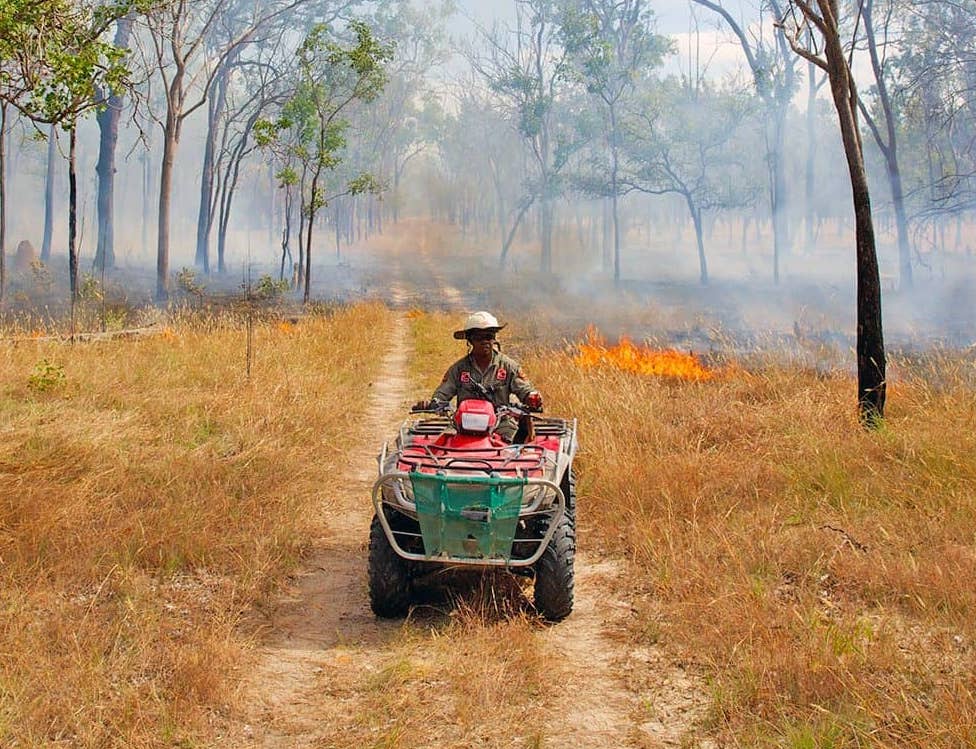Share this article
With so much momentum from companies in the past year transitioning to carbon neutral, (Australia’s Climate Active certification alone has seen a 100% increase year on year) there is a lot of discussion around carbon credits – also referred to as carbon offsets. So what exactly are carbon credits, why use them, how to buy carbon credits and what to look out for when you do.
Here’s a simple and quick explainer.
What are carbon credits and how are they created?
Carbon credits, or offset units (or carbon offsets) are created by projects that avoid, reduce, remove or capture greenhouse gas (GHG) emissions from the atmosphere. There are many different types of carbon credit projects around the world. These span such initiatives as reforestation of forests or wetlands, clean energy from renewables, storing carbon in soil, and savannah fire management.
In Australia, the official government carbon credits are called Australian Carbon Credit Units (ACCUs). One ACCU purchased, represents one tonne of carbon dioxide equivalent (tCO2-e) stored or avoided by a project.
Globally, similar projects under schemes like the Clean Development Mechanism (CDM) and Verified Carbon Standard (VCS) also generate credits. These projects undergo rigorous verification to ensure they meet established standards for carbon reduction or removal.
Why use carbon credits (carbon offsets)?
Carbon credits are mostly used when an entity (for example a business or a local council) has compliance obligations or wants to go carbon neutral. Carbon neutrality refers to achieving an overall balance between carbon emissions produced – and carbon emissions taken out of the atmosphere.
The process to go carbon neutral involves an entity measuring its greenhouse gas (GHG) emissions (its carbon footprint) and then developing an emissions reduction strategy. This might include such actions as changing energy use to renewables, installing LED lighting, reducing and recycling waste and encouraging the use of public transport or eclectic vehicles for their workforce.
When the emissions can’t be reduced to achieve that balance, carbon credits are purchased to ‘offset’ the remaining emissions down to zero.
Where to buy carbon credits and what to look for
As mentioned, there are a huge range of carbon credit projects around the world, but not all offset projects are created equal. Many of the international credits are cheaper than buying Australian carbon credits, but there can be an issue with the integrity of these projects and some methodologies are frequently linked to environmental or social issues. Recently a large Australian financial institution was found to have purchased carbon credits provided by a tobacco factory with questionable labour practices. Investigations have also uncovered projects that generate carbon credits that have little or no impact on the climate at all. Even some methodologies under the Australian regime are being debated extensively. The reputational risk profile very much depends on the specific carbon offset project in question.
As demand for carbon credits continues to rise, so does the price. With ACCUs recently reaching a record high of $57.50 on 24 January 2022. When purchasing carbon credits, if you want to go down the international route for economic reasons, it’s a must to get the project vetted first to ensure you are getting what you pay for to offset your emissions and mitigate reputational risks.
It is critical you know that you are genuinely supporting projects that reduce or remove emissions, authentically support communities (where relevant) and that there is no potential for reputational damage to your brand. There are registered brokers and consultancies (like us) who can help you with that process.

Image: Savannah Burning – Aboriginal Carbon Farming Foundation
Choose verified carbon credits
The only carbon credits you should consider buying are carbon offsets verified under a reputable standard. If you buy carbon credits in Australia – the government’s Climate Active Standard’s list of eligible frameworks can help with that determination.
- If you want to purchase Australian certified carbon credits, a good place to start is with the Carbon Market Institute’s easily searchable Australian Carbon Project Registry. You can search by industry and type of project you are interested in and learn more about the details of the carbon credit project.
- Then head to the Carbon Market Directory to search for a broker or consultant that can assist with your offset purchase.
- You can also visit the Clean Energy Regulators Emission Reduction Fund project register to see a list of verified ACCUs.
If you’re not sure what to look for, get advice from an expert, ideally one that is a signatory to the Australian Carbon Industry’s Code of Conduct, and therefore committed to developing and conducting their business in line with industry best practice.
Help to buy carbon credits in Australia
As mentioned, the market place is a great place to start to help you find reputable brokers and consultancies to help buy carbon offsets. Corporate offset programs such as the Qantas Future Planet Program or brokers such as Tasman Environmental are a likely choice in providing verified carbon credits that meet strict standards.
Organisations such as the not-for-profit Aboriginal Carbon Foundation focus on projects that mitigate climate change and benefit Indigenous communities in Australia.
Consultants at Anthesis can also help with guidance and purchase of your carbon offsets in support of your company’s decarbonisation plan. For over 13 years we’ve helped hundreds of businesses with offsets as part of their carbon emissions reduction strategies.
The best way path forward for your organisation is to understand your carbon footprint and implement a robust emissions reduction plan. Focus on reducing your emissions as much as possible and incrementally look for best practice strategies and new technologies to continue reducing where you can – and only use offsets as your final resort. This will benefit you in the long run – and save you money in the long run.
Reach out to our team of carbon experts with any questions. Email or Call +61 3 7035 1740 to speak to the team.

